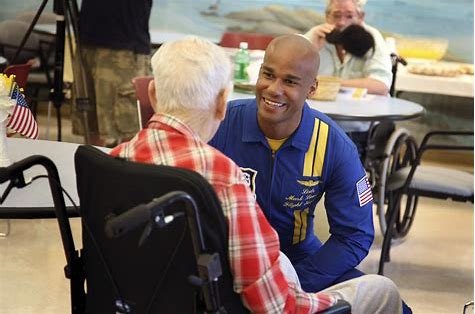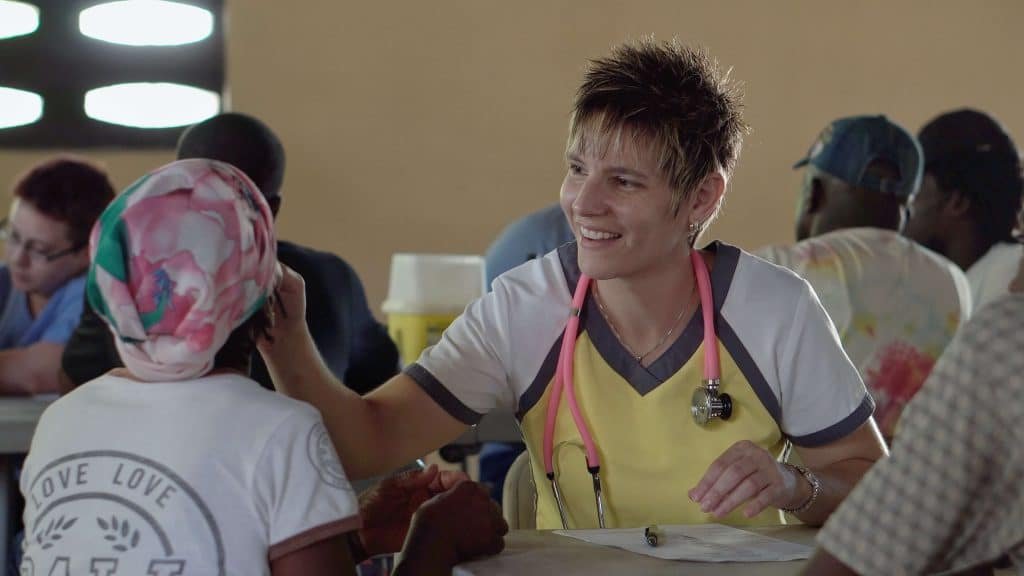Finding the best nursing schools allows you to pursue a passion for the nursing profession and can be an incredibly rewarding experience. Nursing is a profession that offers a wide variety of career paths, from working in hospitals and clinics to teaching and research. With the right education, sat gpa and more training, nursing students can make a real difference in the lives of their patients.
For those interested in pursuing a masters in nursing programs, there are many options available. There are numerous schools and universities offering degree programs in nursing, ranging from associate degrees to doctoral degrees. Additionally, there are specialized certifications available for nursing graduates who want to specialize in certain areas such as pediatrics or gerontology. No matter what type of nursing you choose to pursue, it is important to find a school or program that best fits your needs and interests. Additionally, it is important to research the job market for nurses so you can determine which area of nursing will provide the most opportunities for growth and advancement. With the right education and training, you can make a real difference in healthcare by helping people live healthier lives.
Get assistance at any stage of your journey.
If you are looking to get started on your journey toward a nursing career, there is plenty of help available. From researching the different types of nursing programs available to you to finding out what qualifications and experience you need to be accepted into a program, there are many resources available to help guide you through the admissions requirements.
For those who have already decided on a graduate nursing program, there are plenty of resources that can help you prepare for the application process. This includes information on how to write an effective personal statement and resume, as well as tips for preparing for interviews and other important steps along the way.
Additionally, many schools offer online courses or tutorials that can provide additional guidance and support throughout the entire application process. Once accepted into a graduate nursing program, students can find helpful advice about how to make the most of their studies and gain valuable experience in their chosen field.
No matter what stage of your journey towards a career in nursing you are at, there is sure to be some form of assistance available that can help make it easier.
More About Graduate Schools
Graduate school can be a great investment for those looking to advance their career and increase their earning potential. According to experts, there are three main ways that graduate school pays off: increased job opportunities, higher salaries, and greater job satisfaction. For those considering medical school, it is important to prepare for the interview process by being confident, polite, and on time.
Additionally, social media can be a great tool for business school hopefuls who want to learn more about programs of interest. Platforms such as Instagram, Twitter, and YouTube can provide valuable information about schools and programs. Finally, law school applicants should familiarize themselves with the application process to maximize their chances of success.
This includes researching schools and programs of interest as well as preparing for the LSAT exam. With careful preparation and research into graduate schools, students can make an informed decision that will pay off in the long run.
The Best Nursing Schools in America
A master’s in nursing is an invaluable asset for those looking to advance their career in the medical field. With a master’s degree, nurses can qualify for jobs as nurse practitioners, nurse anesthetists, nurse specialists, or nurse midwives. In addition to advanced medical knowledge, these professionals gain autonomy in their practice and skills in leadership, management, finance, and the business side of home health care.
To get the full list of nursing schools with the highest rankings for a master’s degree, U.S. News Nursing School Compass offers a comprehensive resource providing information on acceptance rates, student debt data, and specialty programs in patient care and case management such as acute care, pediatric care, obstetrics, and psychiatric care. Sign up today to make an informed decision when selecting your program.
Apply to the Nurse Corps Loan Repayment Program | Bureau of Health Workforce
There are many schools of nursing you can choose from as well as many programs. From undergraduate nursing programs, four-year college programs as well as graduate programs in nursing. Here is a program that can and will help you immensely.
The Nurse Corps Loan Repayment Program is a great opportunity for registered nurses, advanced practice registered nurses, and nurse faculty to receive assistance with their unpaid nursing education debt.
The program pays up to 85% of the total amount of unpaid debt, making it an attractive option for those looking to reduce their financial burden. To qualify for the program, applicants must commit to working two years in either a Critical Shortage Facility or a Nurse Faculty position.
The Nurse Corps Loan Repayment Program is an excellent way for nurses to get help with their educational debt while also helping underserved communities. The program provides financial assistance that can make a huge difference in the lives of nurses who are struggling with student loan payments.
Additionally, by committing to work at a Critical Shortage Facility or as a Nurse Faculty, participants can have a positive impact on healthcare access and quality in underserved areas. Those interested in applying should review the Nurse Corps Loan Repayment Program Fact Sheet (PDF – 49 KB) for more information about eligibility requirements and application instructions.
Am I eligible?
Applying The Nurse Corps Loan Repayment Program (LRP) is designed to help nurses with qualifying nursing debt. To be eligible for the program, applicants must meet certain criteria. First, they must be a licensed registered nurse, an advanced practice registered nurse such as a nurse practitioner, or a nurse faculty member with qualifying nursing debt.
Secondly, they must have received their nursing education from an accredited school of nursing located in a U.S. state or territory. In addition to meeting these eligibility requirements, applicants must also agree to serve full-time at an eligible critical shortage facility for two years in exchange for loan repayment assistance.
During this period of service, participants will receive up to 85% of their outstanding student loan balance each year and will be provided with additional benefits such as health insurance and professional development opportunities. Those interested in applying should review all program requirements carefully before submitting their application.
How Do I Apply?
Applying to the Nurse Corps LRP is a straightforward process, but it is important to make sure that the application cycle is open before beginning. Once you have confirmed that applications are being accepted, there are two steps to follow to apply.
First, read through the Nurse Corps LRP Application and Program Guidance (APG) document which can be found online in PDF format. This document outlines all the requirements and information needed for a successful application. Second, submit your application through the Customer Service Portal. This portal allows you to upload all your documents and provide any additional information necessary for review.
The Nurse Corps LRP provides an excellent opportunity for nurses who want to make a difference in their communities by providing quality healthcare services. Taking the time to carefully read through and understand the APG document will ensure that your application is complete and accurate when submitted.
Following these two steps will help ensure that your application is considered for this program and give you a chance at receiving funding from this valuable resource.
Why is the Nurse Corps important to nursing students?
The Nurse Corps Loan Repayment Program (LRP) is an important initiative that helps to address the critical shortage of nurses in the United States. This program provides financial assistance to nurses who agree to work at healthcare facilities with a critical shortage of nurses.
In exchange for their service, these nurses receive loan repayment assistance up to 85% of their qualifying educational loans. This program is especially beneficial for those who have large amounts of student debt and are looking for ways to pay it off quickly. The Nurse Corps LRP also helps to ensure that there are enough qualified nurses available in areas where they are needed most.
By providing loan repayment assistance, this program encourages more people to pursue nursing careers and work in underserved communities. Additionally, this program helps reduce the financial burden on nurses so that they can focus on providing quality care without worrying about their student debt.
The Nurse Corps LRP is an invaluable resource for both healthcare providers and patients alike, as it helps ensure that everyone has access to quality medical care regardless of their location or financial situation.
What impact has Nurse Corps had on communities in need?
The Nurse Corps, a program of the U.S. Department of Health and Human Services, has had a tremendous impact on communities in need across the country. The Nurse Corps was established in 2002 to address the shortage of healthcare professionals in rural and underserved areas.
Since its inception, the Nurse Corps has provided financial assistance to nurses who choose to work in these areas for at least two years. This assistance helps cover tuition costs, living expenses, and other educational expenses related to nursing school.
The Nurse Corps has had an immense impact on rural and underserved communities by providing access to quality healthcare services that would otherwise be unavailable or unaffordable. Increasing the number of nurses available in these areas has helped reduce wait times for care and improved overall health outcomes for patients.
Additionally, it has allowed more people to receive preventive care such as vaccinations and screenings that can help prevent serious illnesses from occurring in the first place. The Nurse Corps also provides support for community health initiatives such as health education programs and outreach efforts that help promote healthy lifestyles among residents of these communities.









